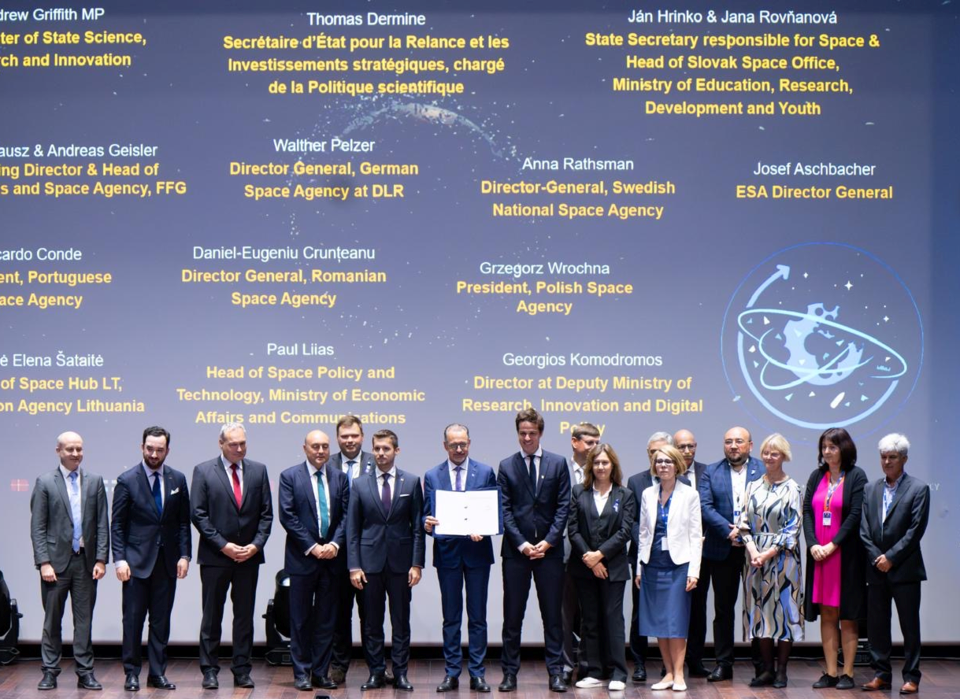





Source: ESA
Disclaimer: Copyright infringement not intended.
Context
Details
Key Objectives
Signatories
Importance of the Charter
Challenges Addressed
ESA’s Role
Must Read Articles:
Sources:
|
PRACTICE QUESTION Q. The Zero Debris Charter represents a proactive step towards ensuring the sustainability of space activities by preventing the creation of new debris and promoting the removal of existing debris. Comment. (250 Words) |








© 2026 iasgyan. All right reserved